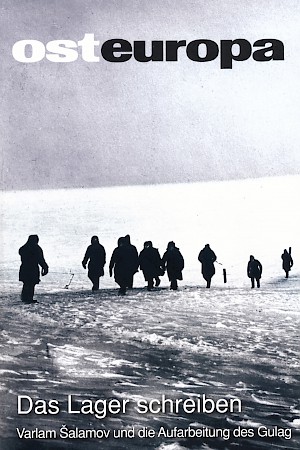Impossible Rehabilitation
The 1956 Revision Commissions and the Uncertainties of the Thaw
Deutsche Fassung
Abstract
On the periphery of the XXth Party Congress in 1956, Khrushchev introduced revision commissions. These were to review in decentralised fashion the countless prisoners in custody who were innocent. The commissions fulfilled their tasks only conditionally. They may have released a large number of prisoners, but they rehabilitated only very few. The members of the revision commissions were led by various considerations. As a result, there was no consensus about how to deal with prisoners who were convicted during the Second World War for “nationalism” or “treason,” the majority of political prisoners in custody in 1956. In late 1956, the work of the commissions came to an end amid a tense political atmosphere. Soviet leaders, unsettled by the uprisings in Poland and Hungary, began imprisoning without trial a good number of those who had been released, in order to make them scapegoats for a crisis-ridden year and to draw attention away from policy failures.
(Osteuropa 6/2007, pp. 369–386)



